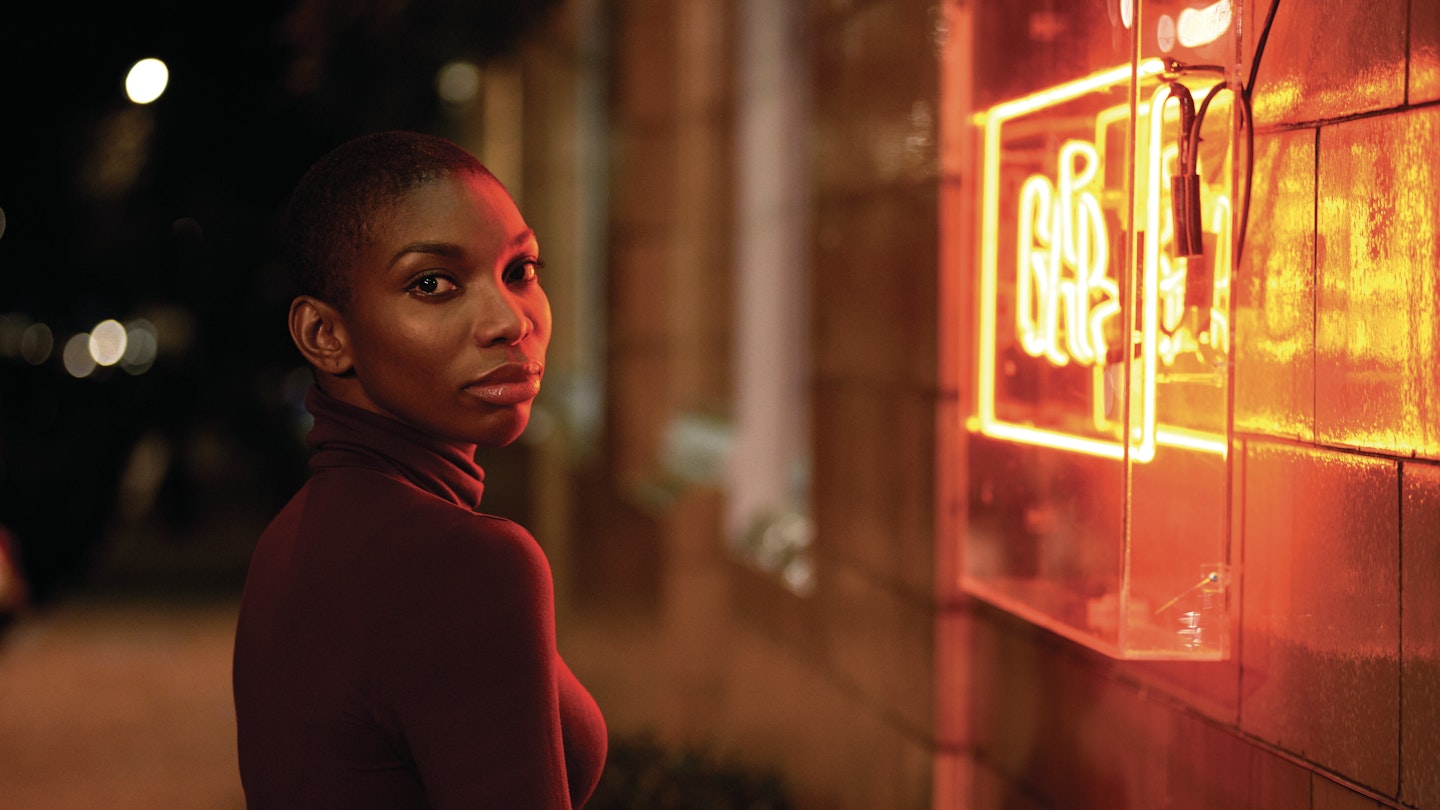Thanks to the #MeToo and Time’s Up movements, film’s gender problem is very much a trending topic. Women working in the industry, in front of and behind the camera, have made compelling arguments for better representation and parity, while female-led casts like the Ocean’s 8 girl gang have proved a hit at the box office. Despite this, so many major film festivals still seem unable to recognise and champion female talent. At Cannes, just three of the films in competition were directed by women; things were yet more woeful at Venice, considered to be the launchpad for Oscar hopes. Here, just one woman made the cut.
In London, however, things are looking far more hopeful. In August, the BFI London Film Festival unveiled its latest programme, with 38 percent of films directed by women and a 50/50 gender split in three-quarters of its competition strands. ‘We don’t set out with quotas, but we are very conscious of wanting to explore many perspectives, to hear new voices, to champion discovery,’ explains Tricia Tuttle, acting Artistic Director of Festivals for the BFI. ‘We’re acutely aware of the astonishing gender gap in the film industry; it’s something we have been working on for several years and we do usually index well on gender and global diversity.’ Given that the festival falls almost exactly one year on from the first sexual abuse allegations against Harvey Weinstein, it must have felt particularly important to spotlight female voices and highlight twelve months of what Tuttle describes as ‘seismic change and positively focused anger.’
When addressing the gender question, it’s become eye-rollingly common to hear programme directors blame the lack of female representation on a lack of quality work. But for Tricia, this is simply not the case. While recognising that ‘different festivals have different regulations,’ she notes that, for her team, ‘it was not difficult to find exceptional work from female directors.’ Indeed, this year’s line-up is testament to the polyphony of diverse, challenging female voices working in the industry. Alongside more prominent directors like Marielle Heller (who will follow up Diary of a Teenage Girl with darkly comic biopic Can You Ever Forgive Me) and Carol Morley, you’ll find the work of less-established filmmakers. Tuttle’s ones to watch include ‘Too Late To Die Young, a really exquisite coming-of-age film set in post-Pinochet Chile,’ and ‘though a harrowing watch, Sudabeh Mortezai’s Joy is an extraordinary and urgent exploration of immigrant sex trafficking in Europe.'
With this in mind, we've sorted through the programme to find the biggest films (and one TV show) that are championing women: whether that means female talent behind the camera, narratives written by and for women or brilliant performances from the industry's best actresses, both new and established. Remember these names come Oscar season...
London Film Festival 2018 - Grazia
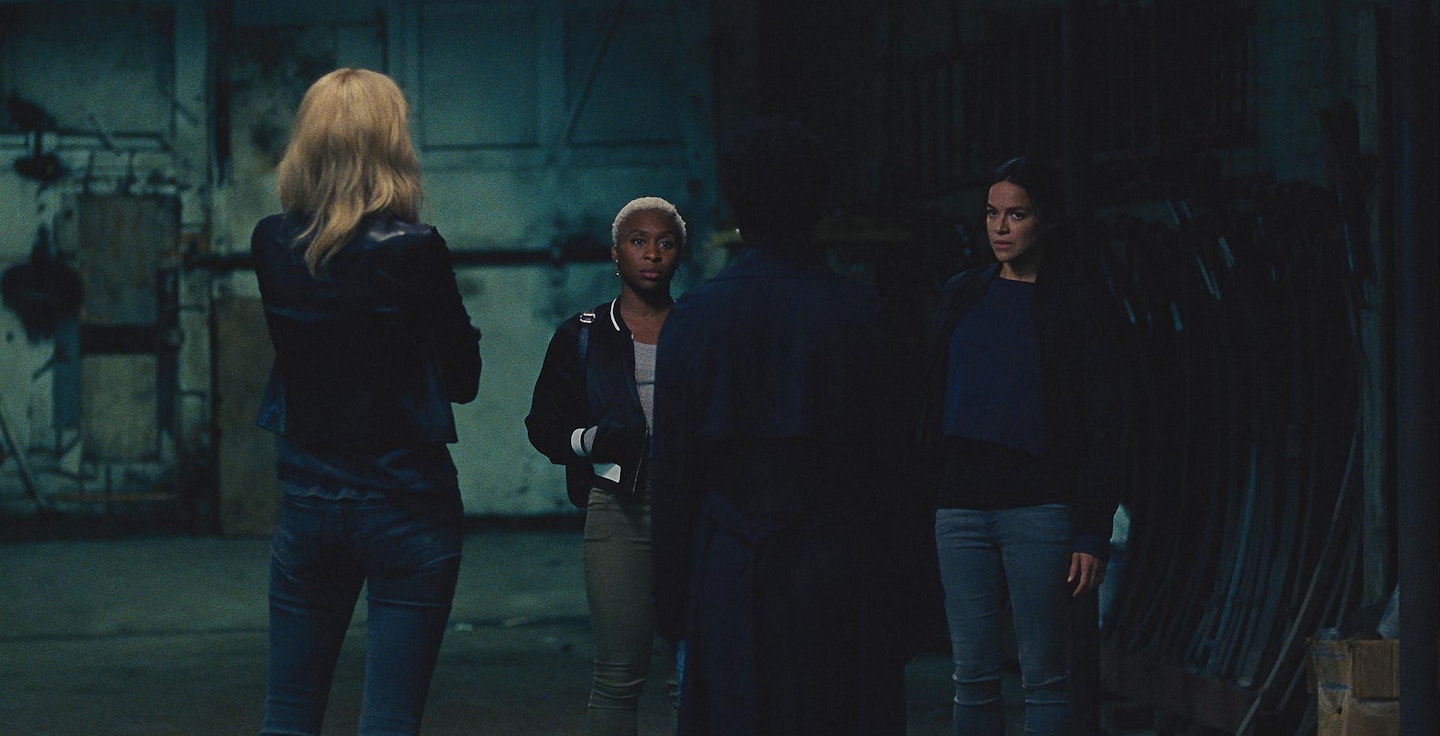 1 of 10
1 of 10Widows
Move over, Ocean's 8: Widows, the female-fronted thriller from Oscar-winning director Steve McQueen, has arguably the most powerful cast list of 2018. Based on an '80s ITV series that fascinated McQueen as a child, it stars Viola Davis, Michelle Rodriguez, Elizabeth Debicki and Cynthia Erivo, whose characters find themselves drawn together when their husbands die in a failed heist. Soon, they're stepping up to finish the job and avenge their late partners, and with Gone Girl author Gillian Flynn sharing screenwriting duties with McQueen, expect indelible characters and slick plot twists, too.
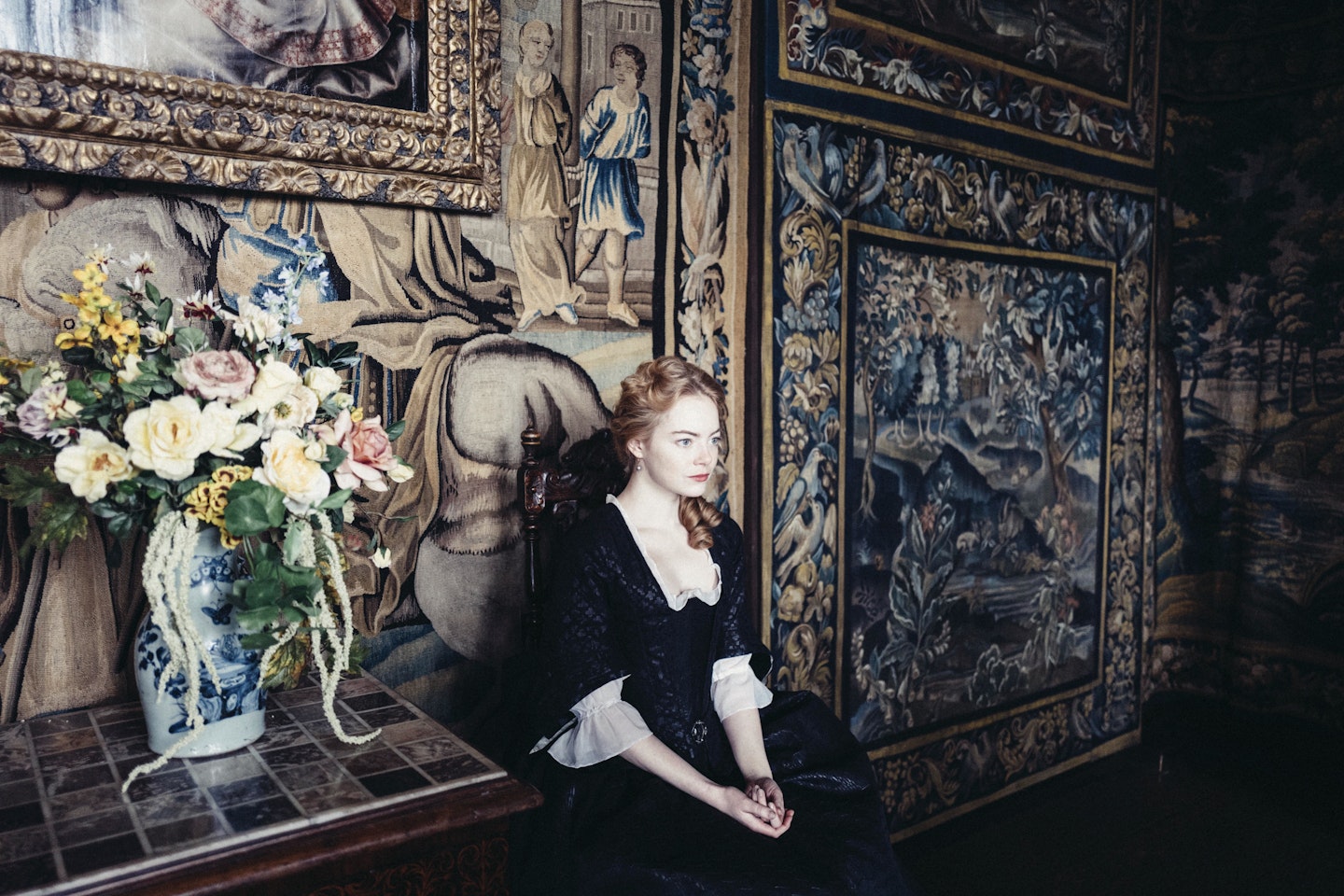 2 of 10
2 of 10The Favourite
Before Olivia Colman stepped into Claire Foy's shoes as The Crown's new Queen Elizabeth, the British actress and national treasure took on a very different royal role. In The Favourite, the latest from The Lobster director Yorgos Lanthimos, she plays the eccentric Queen Anne, with Rachel Weisz and Emma Stone co-starring as rival courtiers viciously striving for a place in her affections. This central trio are already generating serious awards buzz for their work, while Lanthimos's trademark pitch black humour and surrealist flourishes make this a period drama like no other.
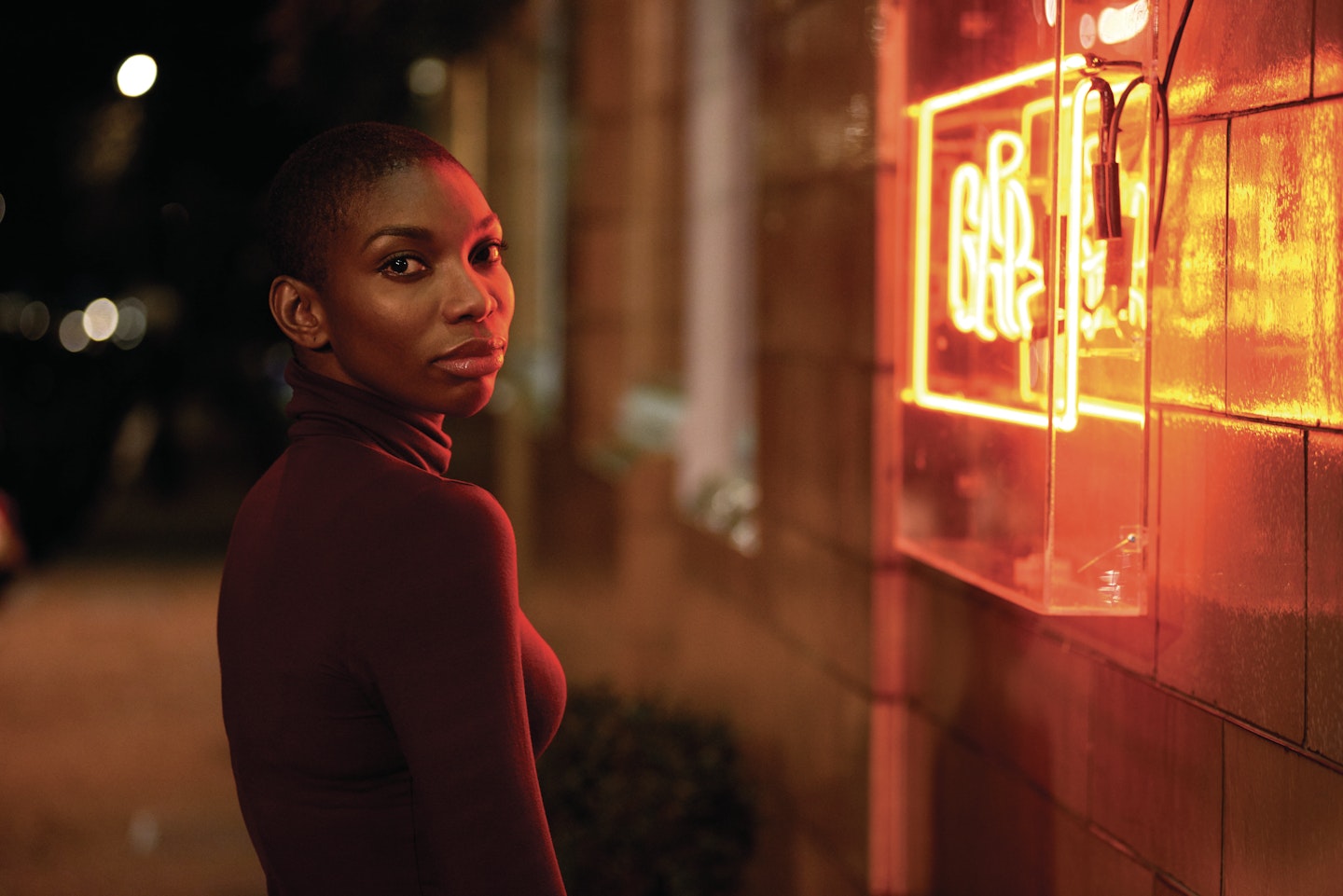 3 of 10
3 of 10Been So Long
La La Land, by way of North London: we're certainly intrigued by Been So Long, a contemporary musical that sets its song and dance numbers on the streets of Camden Town. Chewing Gum creator Michaela Coel plays Simone, a single mother about to embark on a night out that will throw her steady, sheltered life into a spin. Thanks to director Tinge Krishnan's dreamy, neon-soaked aesthetic, NW1 has never looked so good – and if you miss it at LFF, it's arriving on Netflix later this month.
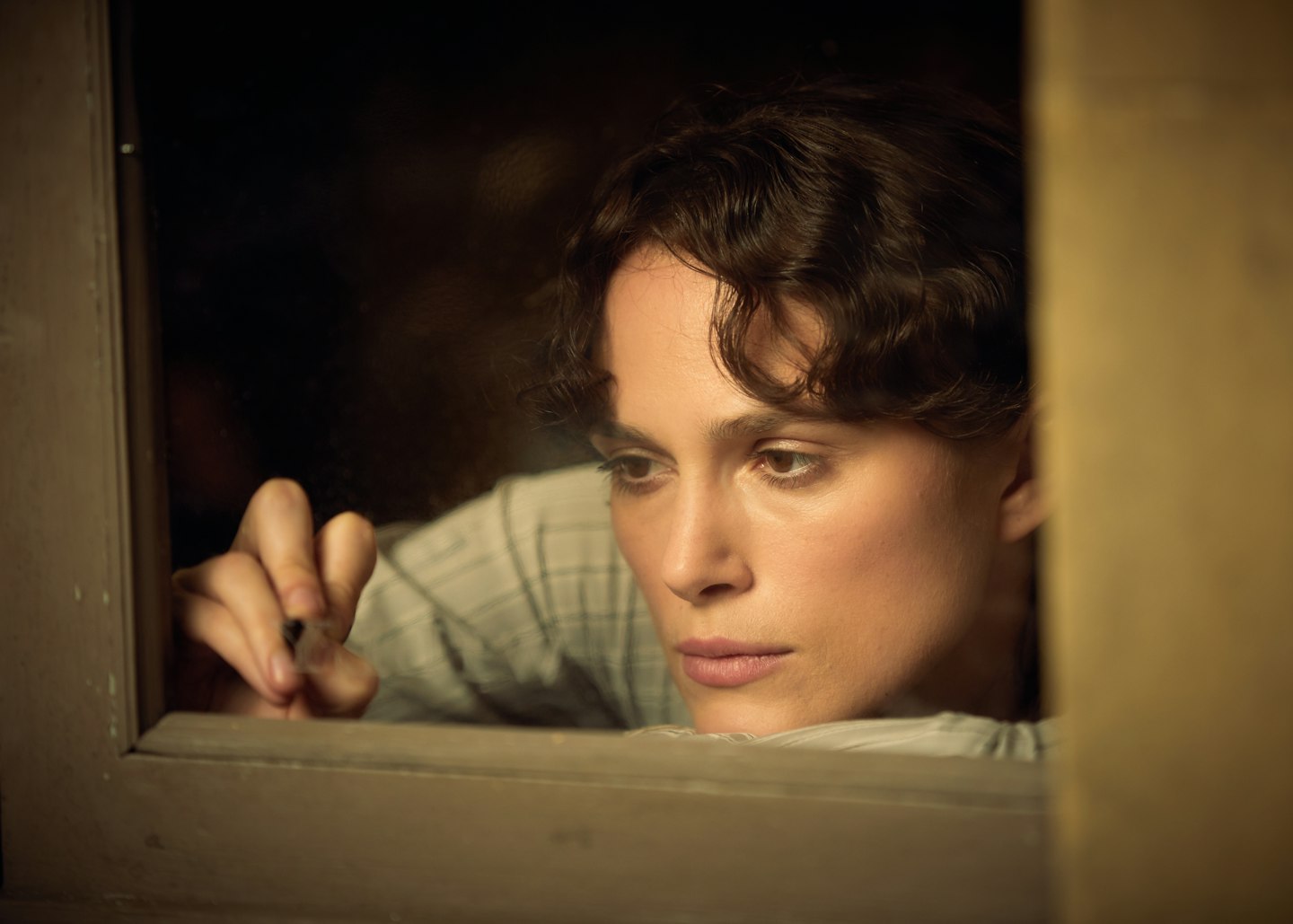 4 of 10
4 of 10Colette
Keira Knightley? In a period drama? Groundbreaking. The more cynically minded among you might want to paraphrase Miranda Priestley after seeing posters for Colette, but this exhilarating film is far more than the sum of those parts. For one, Knightley gives one of her best performances yet as Sidonie-Gabrielle 'Colette,' the French author of the Belle Epoque whose husband (a gleefully awful Dominic West) steals all the credit for her blockbusting Claudine series of schoolgirl novels. And with its focus on a woman finding and owning her voice, Colette buzzes with contemporary resonance.
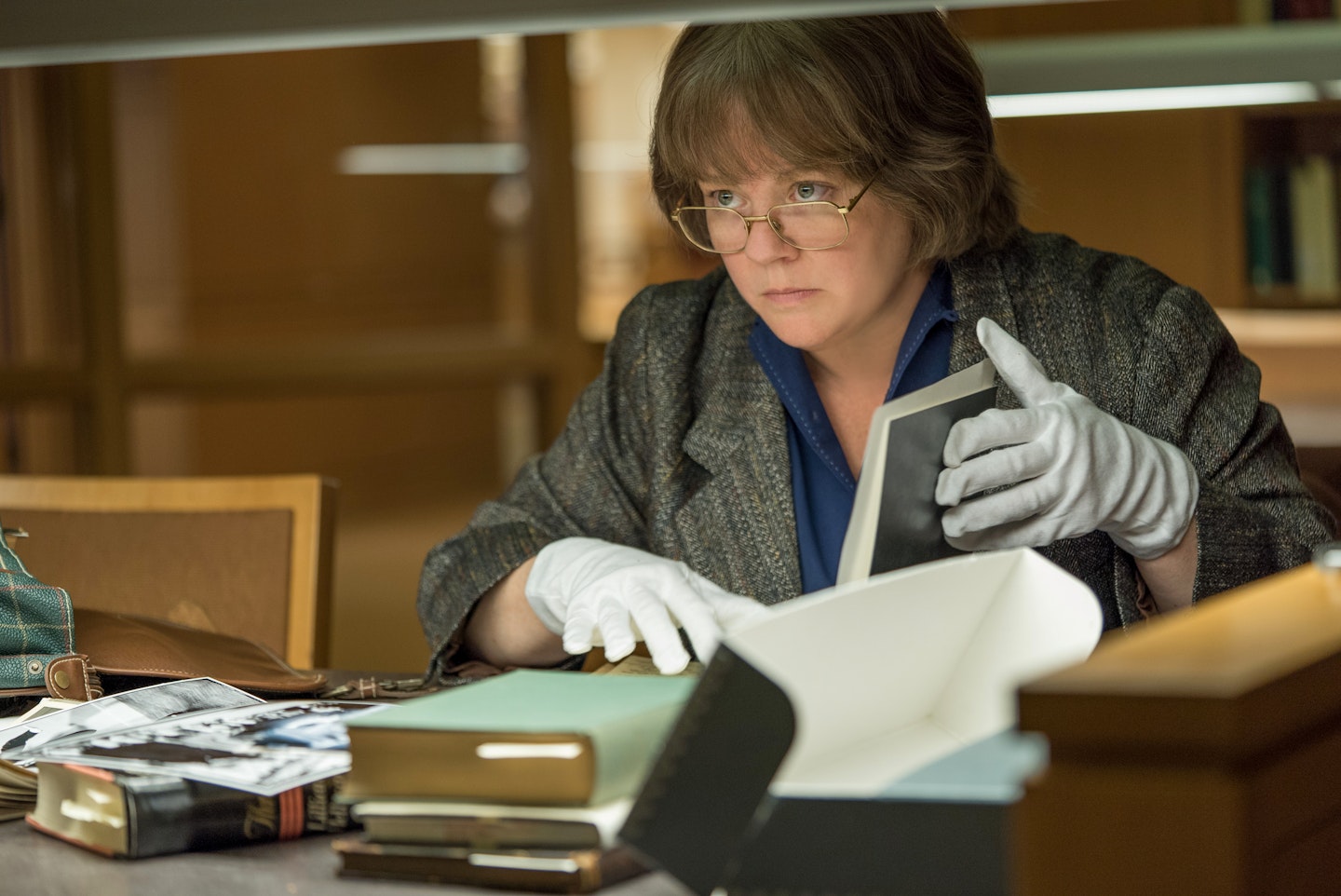 5 of 10
5 of 10Can You Ever Forgive Me?
She won us over with scene-stealing comic turns in the likes of Bridesmaids and Ghostbusters, but Melissa McCarthy plays against type to devastating effect in Can You Ever Forgive Me?, which is based on the memoirs of celebrity interviewer Lee Israel. It's the '90s, and Israel's biographies of fading Hollywood stars aren't selling; falling on hard times, she embarks on a get-rich-quick scam that hinges upon a knack for forging 'lost' celebrity letters. Written by Nicole Holofcener and directed by Marielle Heller (her follow-up to 2016's under-appreciated The Diary Of A Teenage Girl), it's also a showcase for some of the film world's most exciting female talents.
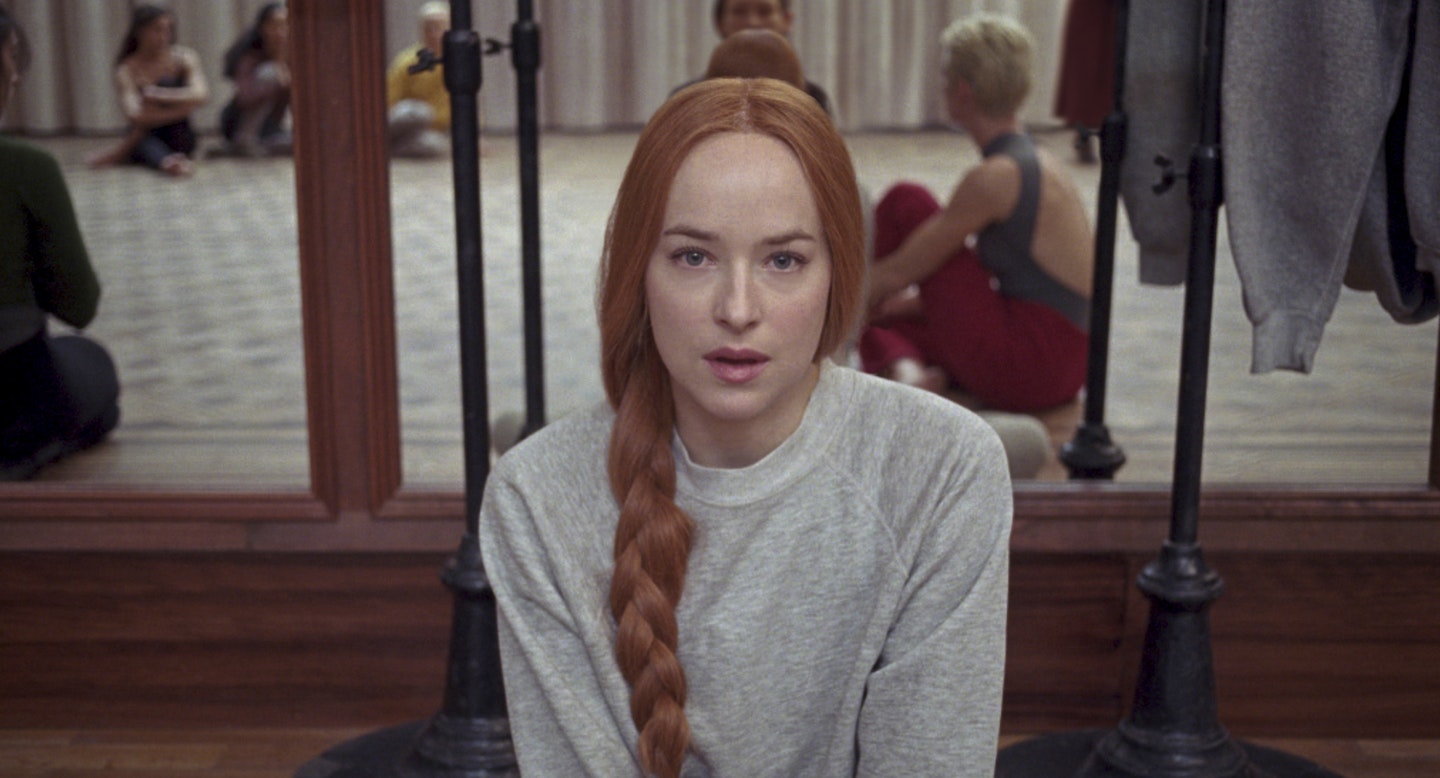 6 of 10
6 of 10Suspiria
Cult horror classic Suspiria gets a feminist update courtesy of Call Me By Your Name's Luca Guadagnino. Set in '70s Berlin, it follows Dakota Johnson's Susie as she joins a prestigious dance school headed up by Tilda Swinton's exacting Madame Blanc; soon, it becomes clear that the academy is a smokescreen for something far more sinister. With Chloe Grace Moretz and Mia Goth rounding out an almost exclusively female cast (a handful of the film's male characters are thought to be played by Swinton under some serious prosthetics, too), Suspiria 2.0 promises to invert everything we think we know about horror movies.Arrives in UK cinemas on November 16th
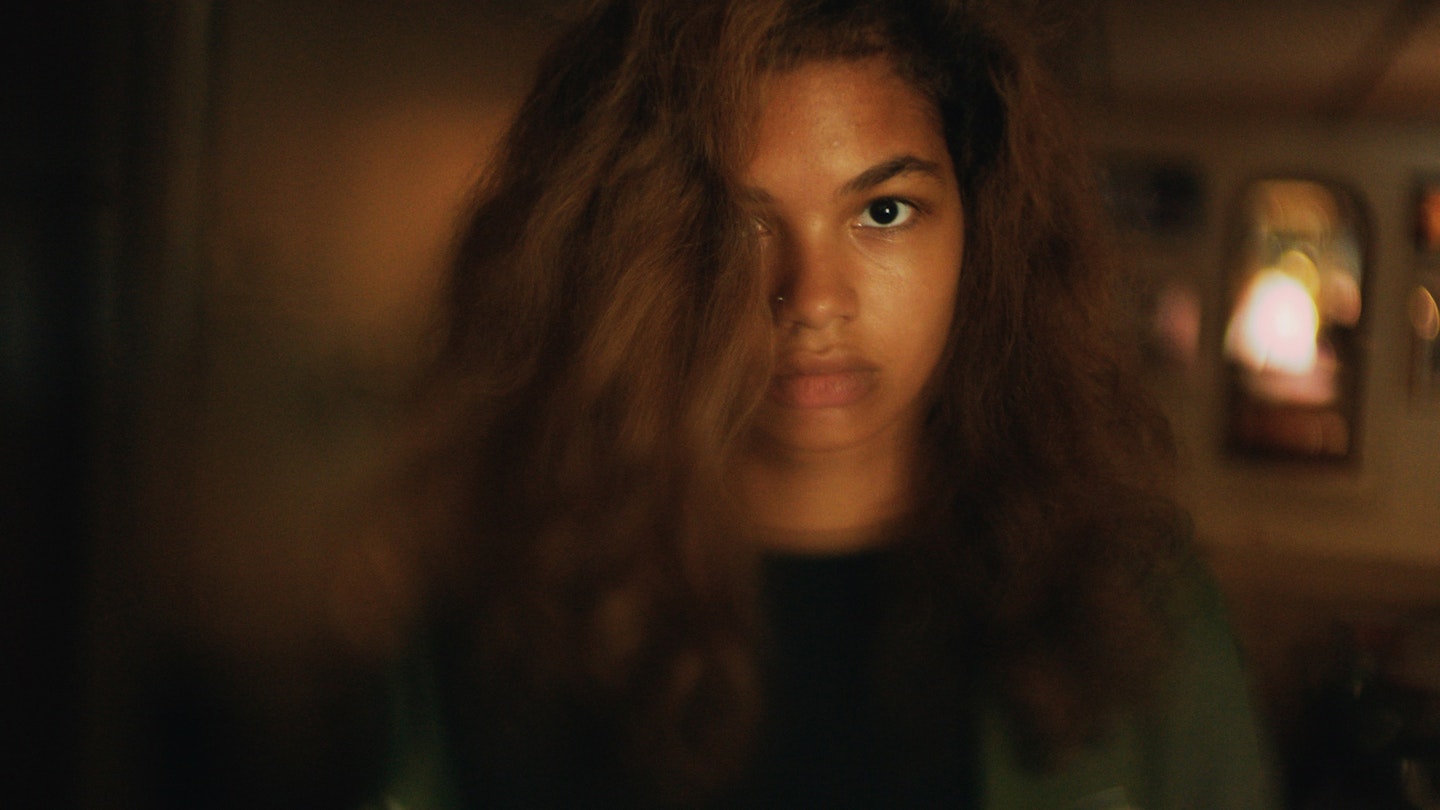 7 of 10
7 of 10Madeline's Madeline
One of the most buzzed-about titles at this year's Sundance Film Festival, Madeline's Madeline will get its first UK outing at LFF. Directed by indie favourite Josephine Decker, it follows 16-year-old Madeline (played by newcomer Helena Howard, in what's been described as one of this year's best breakout performances) as she grapples with her mental health and her strange, unsteady relationship with her mother (writer-actress Miranda July).
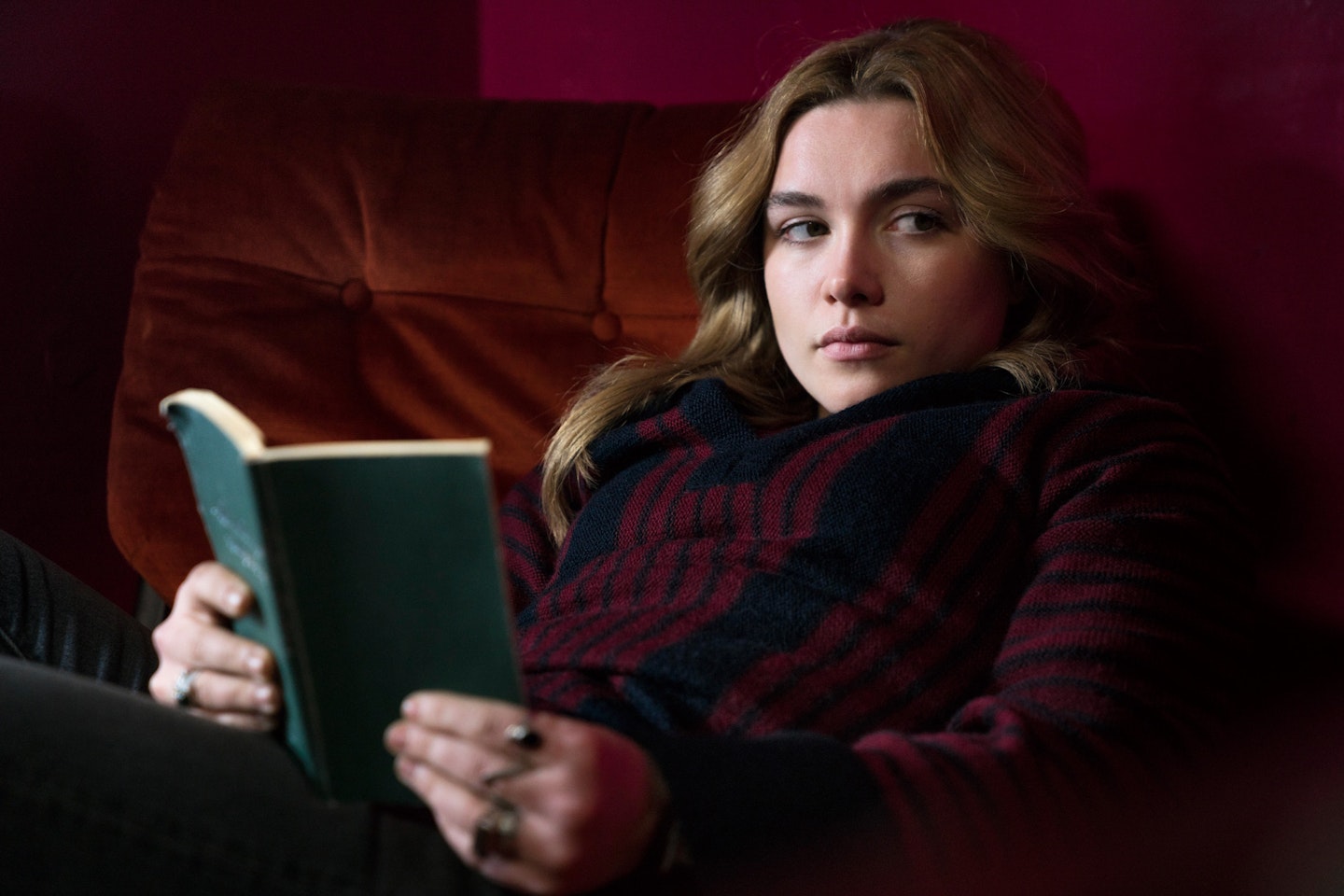 8 of 10
8 of 10The Little Drummer Girl
The spy genre all too often feels like one massive boys' club, which is why this autumn's hit Killing Eve felt so refreshing. Luckily, the BBC is serving us another female-led thriller this autumn, and it will premiere at LFF. Two years after The Night Manager, it's now time for John Le Carré's The Little Drummer Girl to get the mini-series treatment. As Charlie, a young actress caught up in a high stakes espionage plot, Florence Pugh gets her long-overdue TV lead role, while Big Little Lies's Alexander Skarsgard will play the Israeli intelligence officer who recuits her.
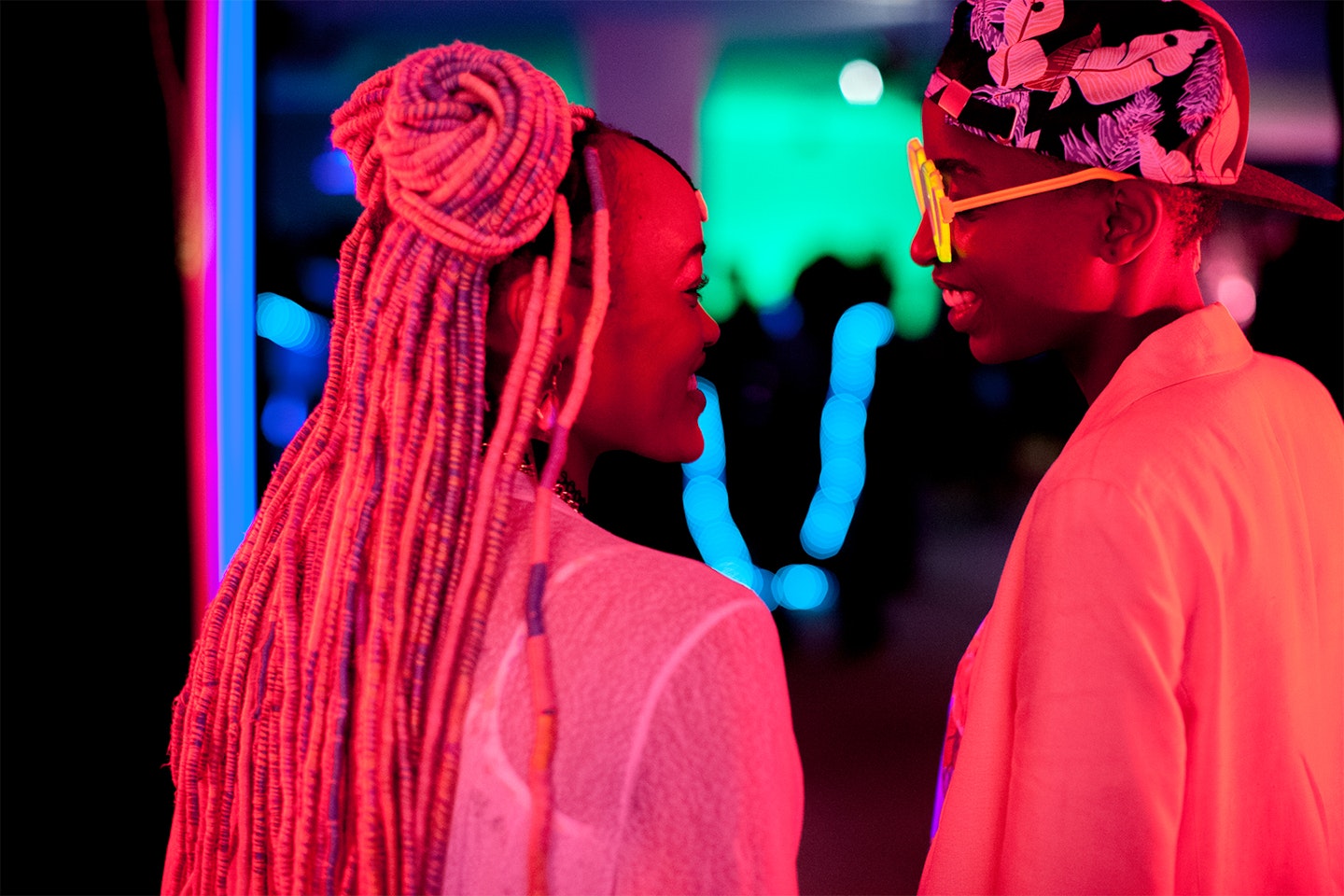 9 of 10
9 of 10Rafiki
A queer love story set in a country where gay sex is still punishable by law, Rafiki became the first Kenyan film to debut at the Cannes Film Festival earlier this year. But before it screened there, it was banned by the Kenyan government for its 'homosexual theme and clear intent to promote lesbianism.' Since then, director Wanuri Kahiu has managed to briefly overturn that ban – and Kenyans have turned up in their droves to watch the love story that unfolds between the daughters of two opposing politicians. A bold, brave piece of film-making, it's been selected as the BFI's Flare special presentation for this year's festival, a recognition standout LGBTQ+ filmmaking.
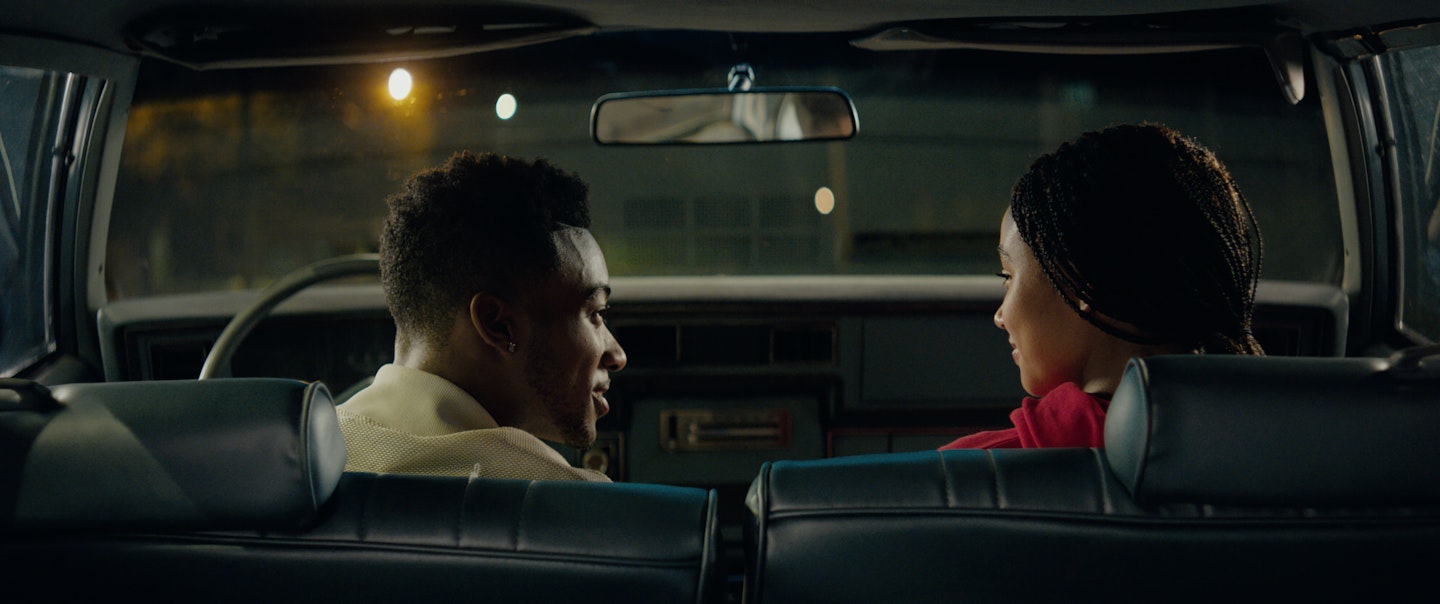 10 of 10
10 of 10The Hate U Give
Angie Thomas's The Hate U Give is the latest hit Young Adult novel to make its way onto film, but this story is more pressing, troubling and resonant than much of the Hunger Games-lite fare that's come to be associated with teen drama. Actress-slash-activist Amandla Stenberg plays 16-year-old Starr as she juggles her double life, acting one way with family and friends in her predominantly black neighbourhood and presenting a different self entirely to affluent classmates at her private school. When her childhood friend becomes a victim of police brutality, those worlds collide.
The BFI London Film Festival runs from 10-21 October. Tickets available now from www.bfi.org.uk/lff
